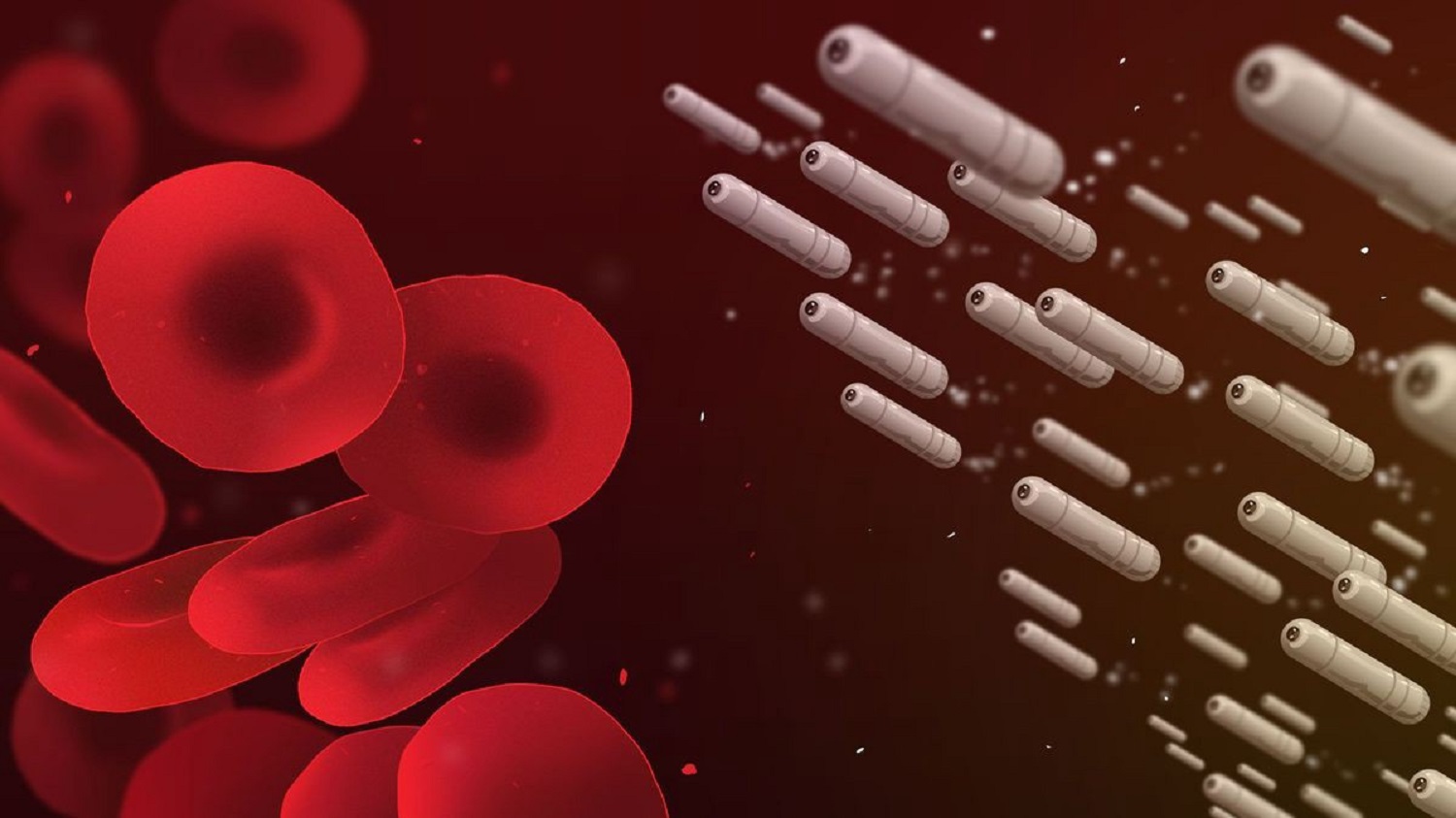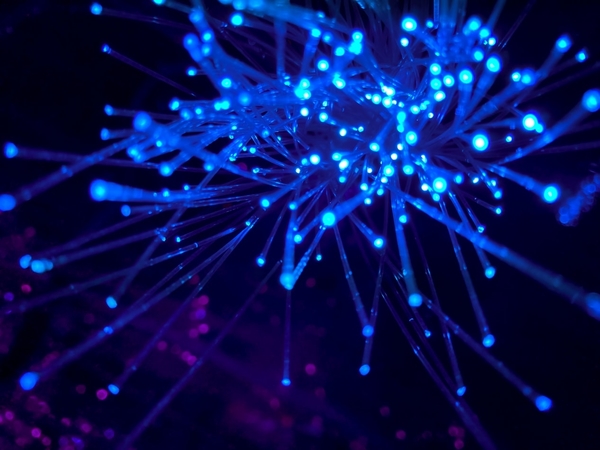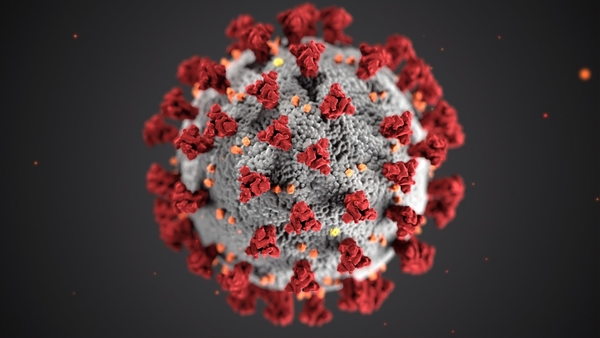MVX Protex, a new nanotech anti-microbial spray produced by Nanotera Group, can be used to fight the novel coronavirus

COVID-19 has claimed over 28,000 lives globally and has infected at least 600,000 people worldwide. It is the worst pandemic of our generation; one which scientists and researchers are collectively trying to find a cure for.
What is MVX Protex and where can I buy it?
Amid the COVID-19 pandemic, experts around the world have been looking at ways of fighting the novel coronavirus. A nanotech firm based in Japan, called Nanotera Group, have developed an anti-coronavirus spray for surfaces called MVX Protex. MVX Protex doesn’t get into the virus and kill it, but instead destroys its ability to attach to a host cell. Without this ability, the virus can’t infect anyone and so won’t be able to replicate.
MVX Protex has just become licensed in the UK and can be applied to any hard or soft surface other than human skin. Once sprayed, the surface won’t need disinfecting for 5 years! Similar technology is being increasingly used in dental practices in London.
As soon as COVID-19 threatened the UK, many items were bulk-bought in a huge panic. This included surgical masks. Most people now realise that the virus easily penetrates through these masks and the only real benefit of them is that you’re less likely to touch your face when wearing the mask.
Israeli start-up, Sonovia Ltd., has developed nanotechnology for clothing and masks. Sovonia has developed an ultrasonic fabric finishing technology that will incorporate anti-microbial nanoparticles, such as zinc oxide, into textiles permanently.
Unfortunately, you can't just buy the spray anywhere. You can contact the manufacturers at statnato.com, but it's expensive. The manufacturers will come and conduct the spray for you at roughly $3000 per hundred square meter. For five years of disinfection, that's $600 per year. Perfect for hospitals and other practices but a bit expensive for household use.
What is nanotechnology?
Put simply, nanotech is the study and application of really tiny things. Nanotech is studied in many fields including materials science, engineering, biology and chemistry.
Just how small are we talking? One nanometre is one billionth of a meter. To put this in perspective, if one marble was a nanometre wide, one meter would be the diameter of the Earth.
The manipulation of such small matter is giving us the ability to control so much more.
How can nanotechnology be used in medicine?
Nanotech is one of science’s biggest promises for the future, particularly in the field of healthcare. Nanotechnology is heavily used in drug delivery and boasts the ability to deliver drugs to specific cells. This is particularly important for cancer treatment, as it’ll minimise damage to healthy cells. Nanotech could also revolutionise medical diagnostics.
What can we take from all this?
This is one of the most difficult periods that the world has had to come through in recent times. But one good thing we should all take from it is that we can see the true power of technologies like AI and nanotech. Even during the Ebola outbreak, different technologies were explored, including nanotechnology. Now we are seeing this research come into practice, particularly with AI.
Sign up to recieve our newsletters
Don't miss out on our latest content!
Recent posts

Pramod Kumar | 2022-03-04
How Are Investments in Genomics Driving Research Projects?
Science, Healthcare, Business | 4 min read

Dillon Lad | 2021-07-10
4 ways we're destroying the environment without even realising
Environment | 4 min read

Dillon Lad | 2021-04-26
The science behind The Matrix: can we power the world with our own mind and bodies?
Technology, Science, Film | 4 min read

Dillon Lad | 2021-01-29
Breaking up Big Tech with a decentralised internet for the future
Technology | 4 min read
